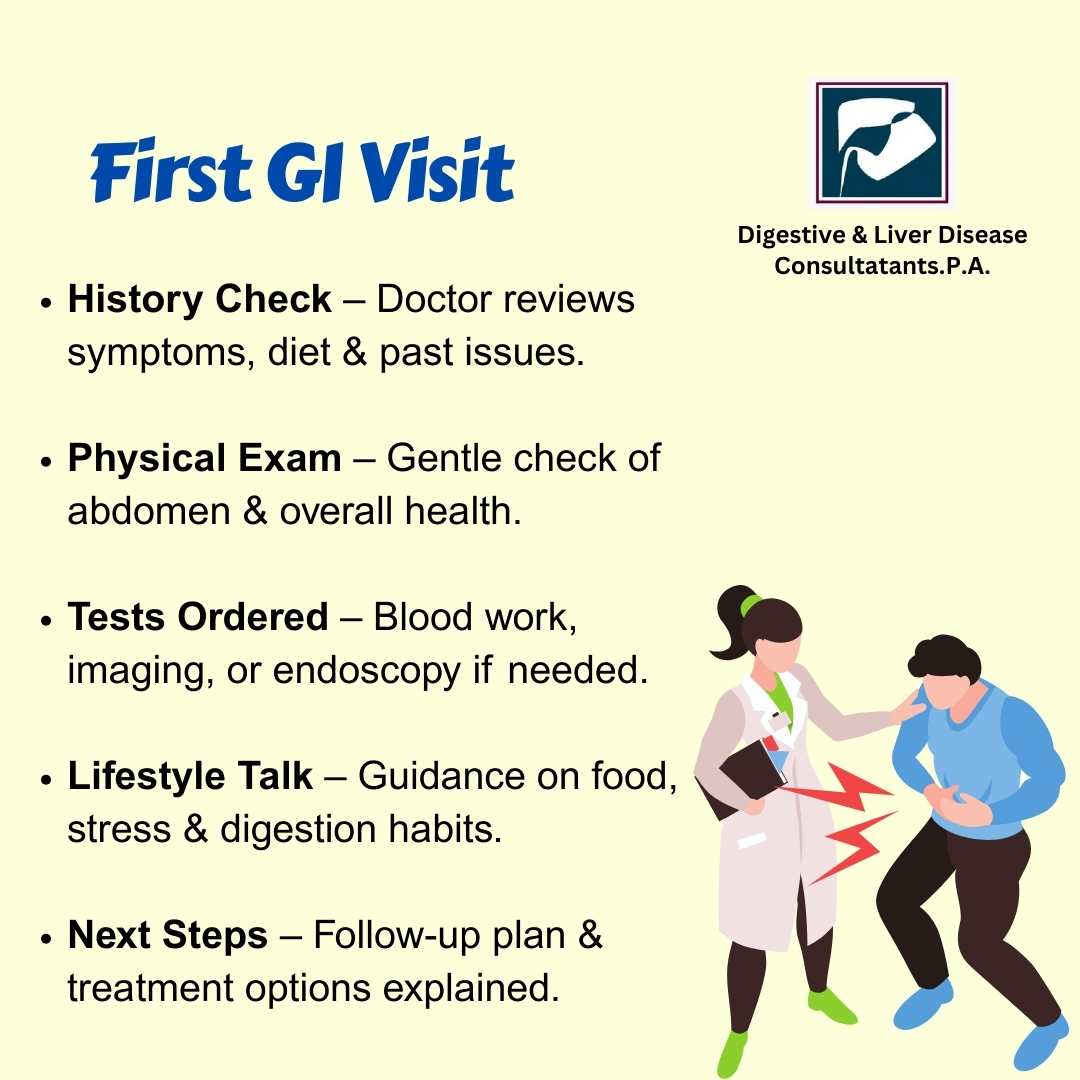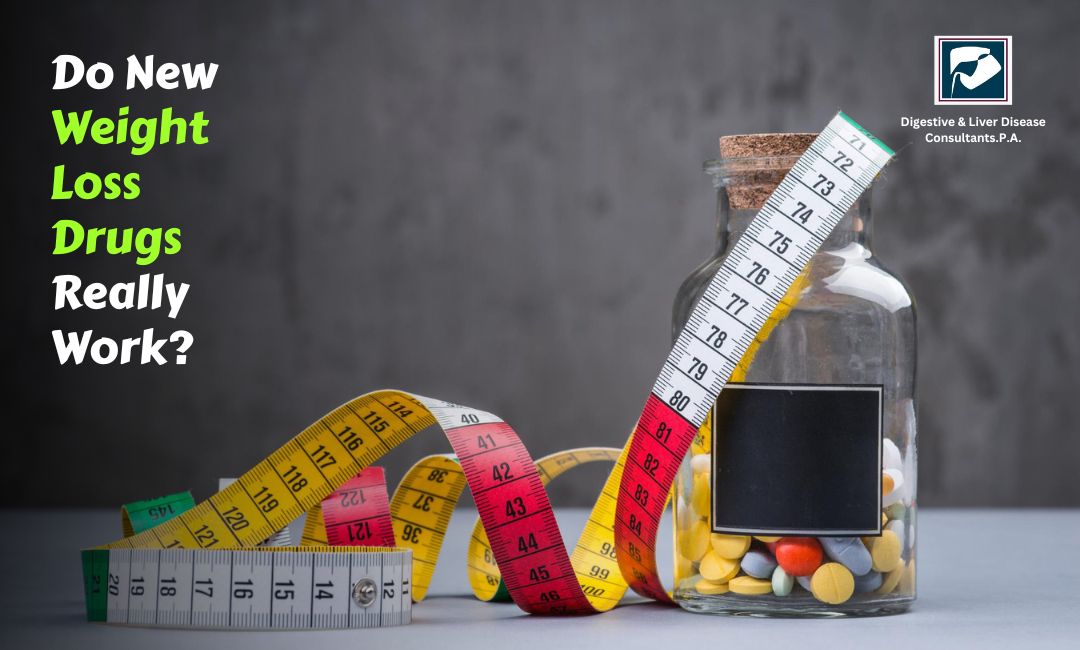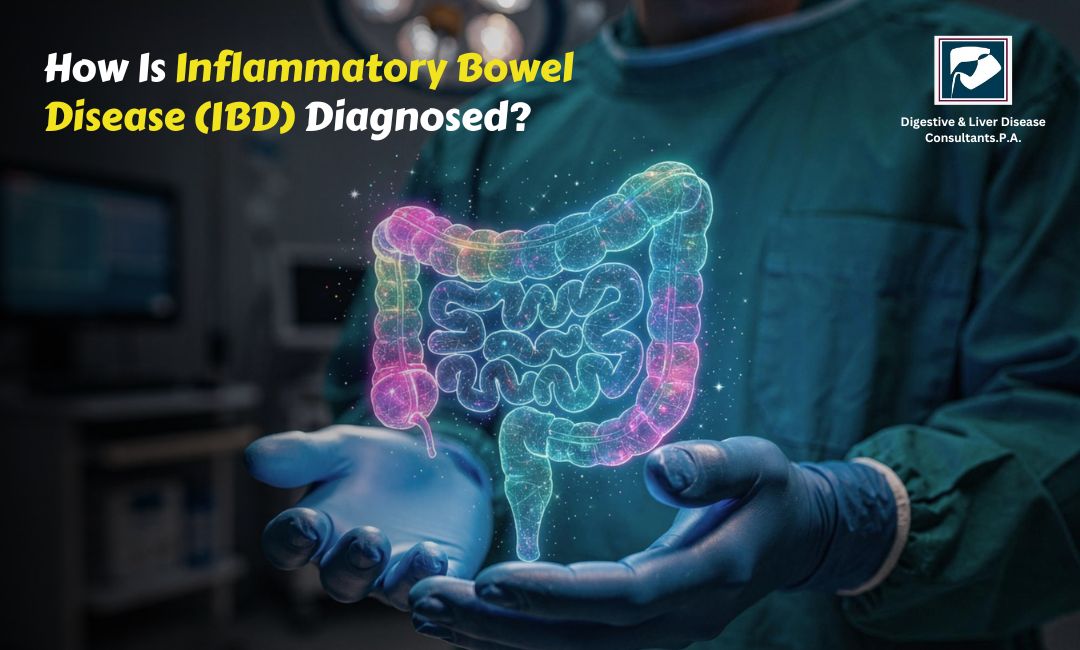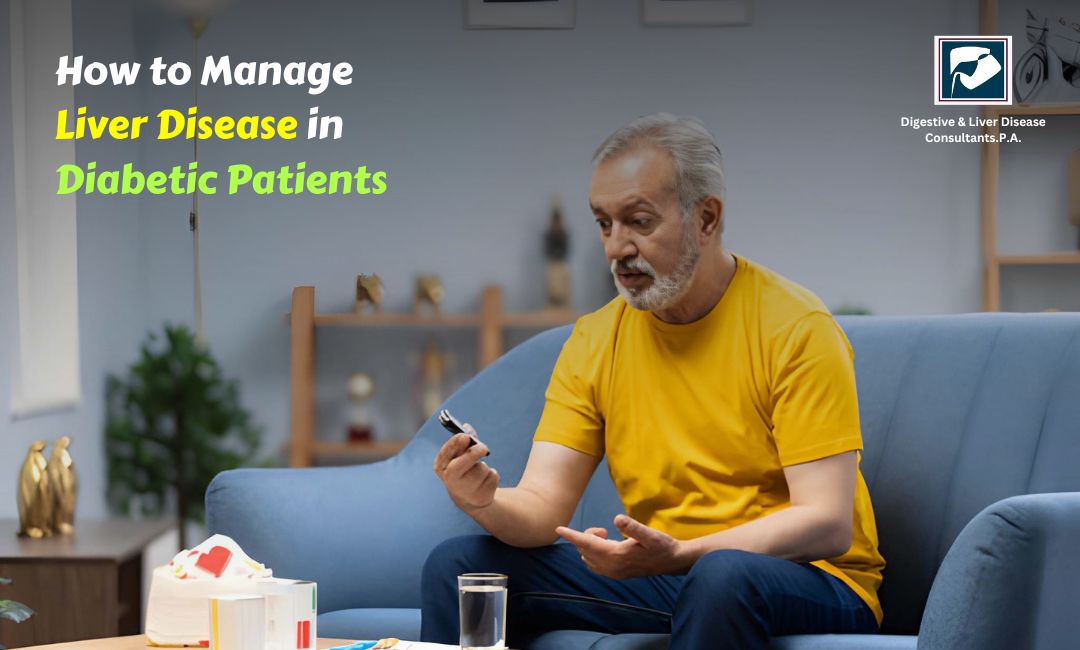Visiting a new doctor can feel overwhelming, especially when it’s a specialist like a gastroenterologist. If you’ve been referred to a GI specialist, you might have questions such as: What will happen during the visit? How should I prepare? What kind of tests might I need? Understanding the process can help you feel more confident and ready to take control of your digestive health.
At Digestive & Liver Disease Consultants, P.A. (DLDC), we believe that every patient deserves compassionate, expert care. Our team of board-certified gastroenterologists is dedicated to diagnosing and treating digestive and liver conditions with the latest medical advancements. Here’s a simple guide on what you can expect during your first visit to a GI specialist.
Why You May Need to See a GI Specialist
Your primary care doctor may refer you to a gastroenterologist if you experience symptoms related to your digestive system. These can include:
- Frequent abdominal pain or discomfort
- Heartburn or acid reflux that doesn’t go away
- Trouble swallowing food
- Persistent diarrhea or constipation
- Blood in your stool or black, tarry stools
- Unexplained weight loss
- Jaundice or yellowing of the skin
- Ongoing bloating or gas
Since gastroenterologists specialize in conditions of the digestive tract, liver, pancreas, and gallbladder, they can provide more in-depth evaluation and treatment than a general physician.

Preparing for Your First Appointment
To make the most of your visit, preparation is key. Before you arrive, consider these steps:
Bring your medical history: Include past illnesses, surgeries, allergies, and family history of digestive conditions.
List your medications: Write down any prescription drugs, over-the-counter medications, vitamins, or supplements you take.
Note your symptoms: Be specific about when they started, how often they occur, and what makes them better or worse.
Gather previous test results: If you’ve had blood tests, X-rays, ultrasounds, or colonoscopies, bring those reports with you.
The more information you provide, the easier it will be for your GI specialist to understand your condition.
What Happens During the First Visit
Your first appointment is usually about understanding your health history and getting to know your doctor. Here’s what typically happens:
1. A Detailed Medical Interview
The gastroenterologist will ask about your symptoms, lifestyle, diet, and medical background. This step helps identify possible causes of your digestive issues. For example, if you frequently experience acid reflux, your doctor may ask about your eating habits, stress levels, or whether you smoke or drink alcohol.
2. Physical Examination
A physical exam may include checking your abdomen for tenderness, swelling, or abnormal sounds. Sometimes, a rectal exam may be recommended if your symptoms suggest issues with the lower digestive tract.
3. Discussion of Possible Tests
Depending on your symptoms, the doctor may recommend further diagnostic tests such as:
- Endoscopy to view the esophagus, stomach, or intestines
- Colonoscopy to check for polyps, inflammation, or cancer in the colon
- Ultrasound or CT scans for liver, pancreas, or gallbladder problems
- Blood tests to detect liver disease, infections, or nutritional deficiencies
- Stool tests to check for infections, inflammation, or blood
These tests are not always done during the first visit. Instead, your doctor will explain why they are needed and schedule them for later if necessary.
4. Personalized Care Plan
After gathering all information, your GI specialist will discuss possible diagnoses and create a plan tailored to you. This may involve lifestyle changes, dietary adjustments, medications, or scheduling further tests.
Tips to Make Your Visit Easier
- Write down your questions before the appointment so you don’t forget.
- Bring a family member or friend if you feel nervous or need help remembering instructions.
- Be open and honest about your symptoms and habits, even if they feel embarrassing. Your doctor is there to help, not judge.
Why Choose Digestive & Liver Disease Consultants, P.A.
At DLDC, our mission is to provide high-quality, patient-centered care for all digestive and liver conditions. Our gastroenterologists are experienced in managing everything from common issues like acid reflux and irritable bowel syndrome to complex conditions such as Crohn’s disease, ulcerative colitis, hepatitis, and liver cirrhosis.
We use advanced technology, including state-of-the-art endoscopic procedures, to ensure accurate diagnoses and effective treatments. More importantly, we treat every patient with compassion, respect, and personalized attention.
Whether you need routine screenings like a colonoscopy or advanced liver care, DLDC is here to guide you every step of the way.
Conclusion
Your first visit to a GI specialist is the first step toward better digestive health. By preparing ahead, sharing your medical history, and asking questions, you can make the experience smooth and productive. Remember, early diagnosis and treatment can prevent minor digestive problems from becoming serious health issues.
If you are experiencing persistent digestive symptoms such as abdominal pain, bloating, heartburn, or changes in your bowel habits, don’t ignore them. Schedule an appointment with Digestive & Liver Disease Consultants, P.A. today. Our expert gastroenterologists are here to help you find relief and improve your quality of life.






